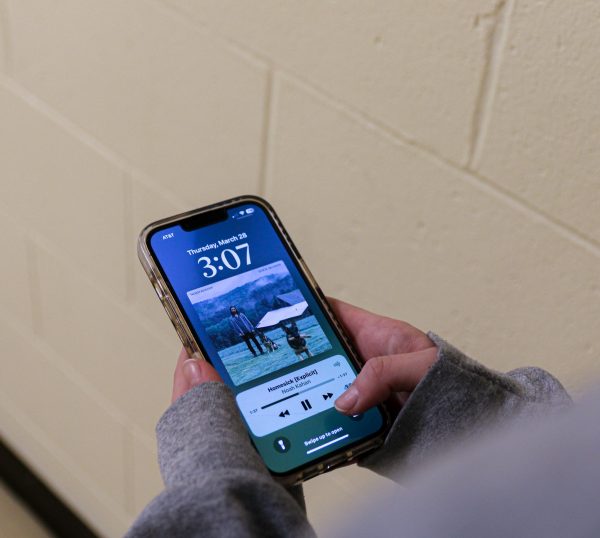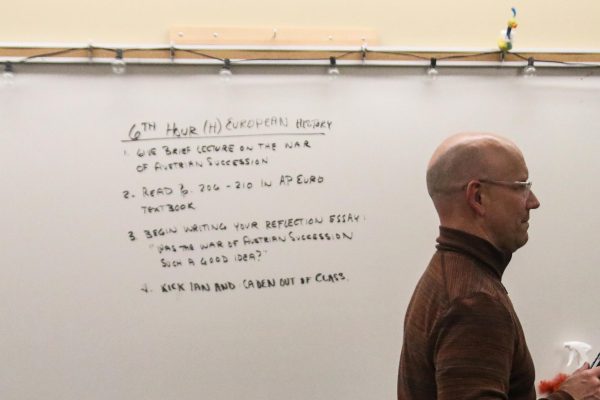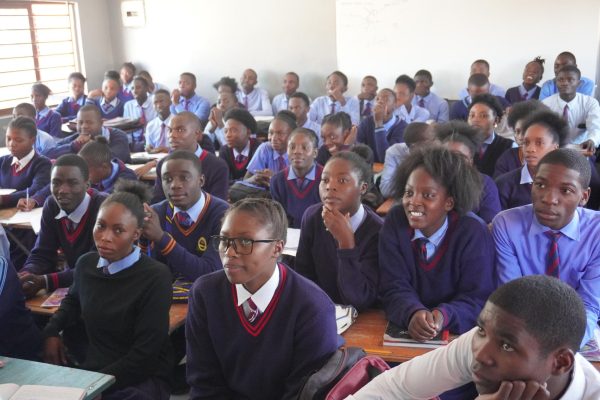Welcome To Babylon
In chapel this year, students are encouraged to “engage Babylon” and live in the culture without conforming completely to it. A large part of that call requires being educated on the ways of the outside world so we can be prepared to intelligently converse and interact with non-believing members of society. Westminster has made many great steps in educating its students in that way. Biology classes teach about evolution, English classes teach non-Christian literature, and there is an entire class dedicated to learning about and understanding other worldviews. Yet, there is a vital topic that the curriculum at Westminster seems to be missing; a topic that is vital to understand to survive in the world today—sex.
According to AVERT, an organization for preventing HIV and AIDs, sex education should be in place to help young people have the skills to make informed choices and have the right information to act on those choices. This is something the school is trying to instill in all areas of the students lives.
Most students are remotely aware of the concept of sex, but beyond that they seem to feel that the only thing they are being told is “just don’t do it.” While abstinence is an important thing to be teaching, it is insufficient not to provide any other crucial information. It is unfair to assume that every student at Westminster is abstaining from sex and therefore no education is needed. Studies show that 1 in 5 adolescents will have sex before the age of 15, and while that number may be slightly different in a Christian school, Westminster is not independent of these statistics.
If we are in fact not immune to the statistics and effects of the culture then the next logical step is to make the students aware of this fact and help them combat the cultural influences. The school’s way of doing this is through education, and many other learning institutions have done this through a health class. While a health class is something WCA is looking to put in place in the future, it has been put on hold for a variety of reasons. In the meantime, our P.E. classes are already treated as such making it a great option for educating students about reproductive health.
It certainly is an awkward topic that can be very difficult to talk about, especially in a conservative Christian environment, but that doesn’t change the fact that the need is there. The world is filled with all sorts of ideas on what sex is supposed to be, and it is important that students know the proper context for it.
We are all living in a largely sex-obsessed culture, and students are being affected by these messages on a regular basis. Whether they are sexually active or not, proper sex education is important to the health of the society as a whole and our own community. A study from the American Psychological Association has found that comprehensive sexual education that promotes abstinence, teaches about safe sex and contraception, and provides basic information reduces pregnancies, STDs, and onset of sexual activity.
Furthermore, high school aged students are particularly immature and are at a point in their lives where they will make a lot of mistakes in the process of finding themselves. Girls don’t know that it’s okay to say no. Boys don’t know how to ask for consent. Both males and females are dealing with raging hormones that are complicated. The solution is not as simple as “don’t have sex” these days. They should know how to protect themselves, and if they choose to do so, engage safely in sex.
Even students who are waiting for marriage would benefit from sex education. While they may not be having sex now, they probably will someday. Problems can arise in marital relationships when two people who are not sexually educated enter into a union. Some people will feel guilty for having sex even within the biblically proper context. Some couples have even had to resort to sexual counseling just to keep their marriage together. The school can still teach abstinence, but they should prepare the students on how to properly understand sex within the right context.
This doesn’t necessarily require adding another class to the curriculum or hiring more teachers. It’s about using the platforms we already have to educate students in the necessary ways so that they can live safely for themselves and properly engage the culture.

















